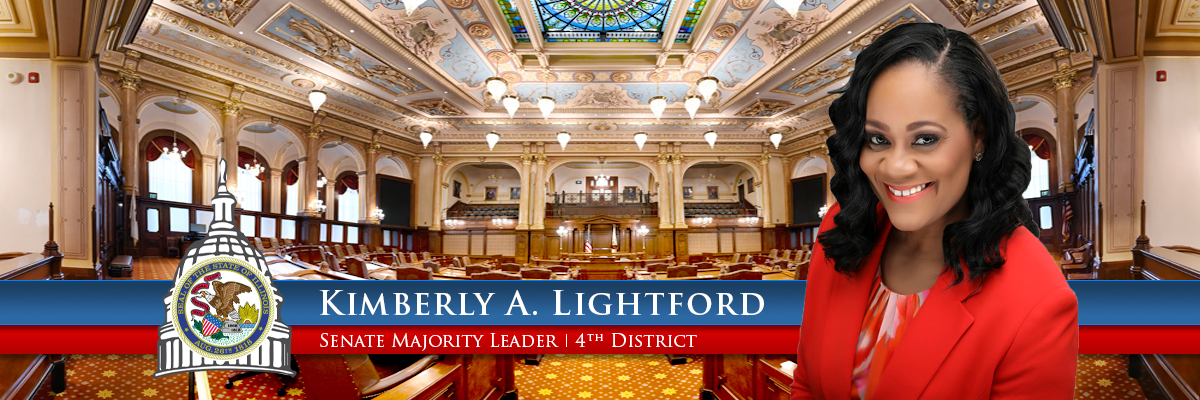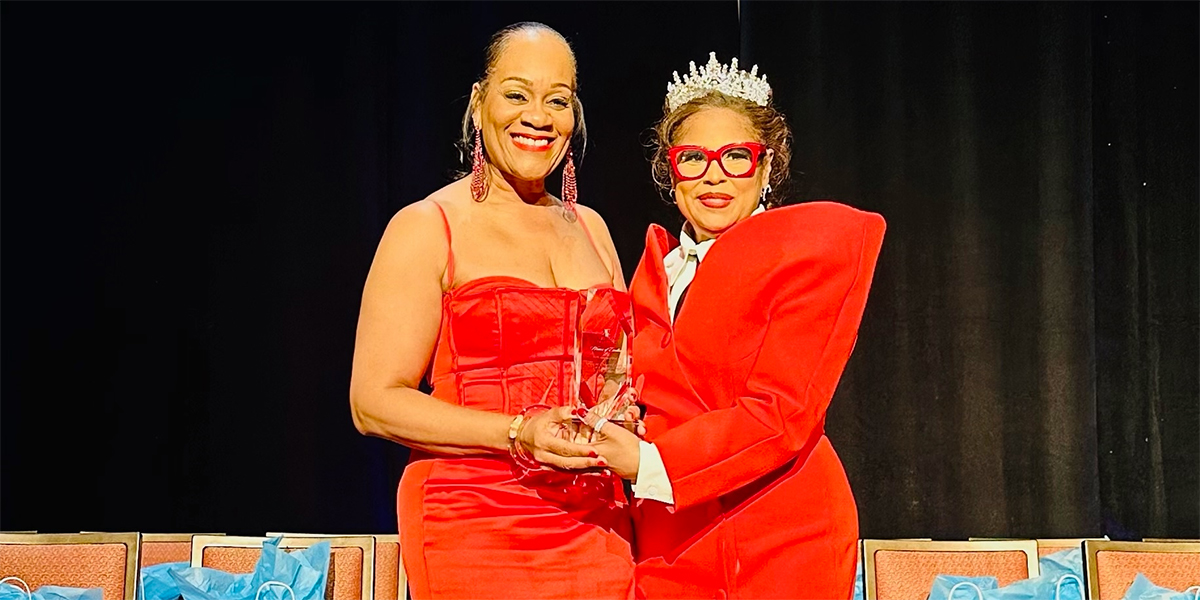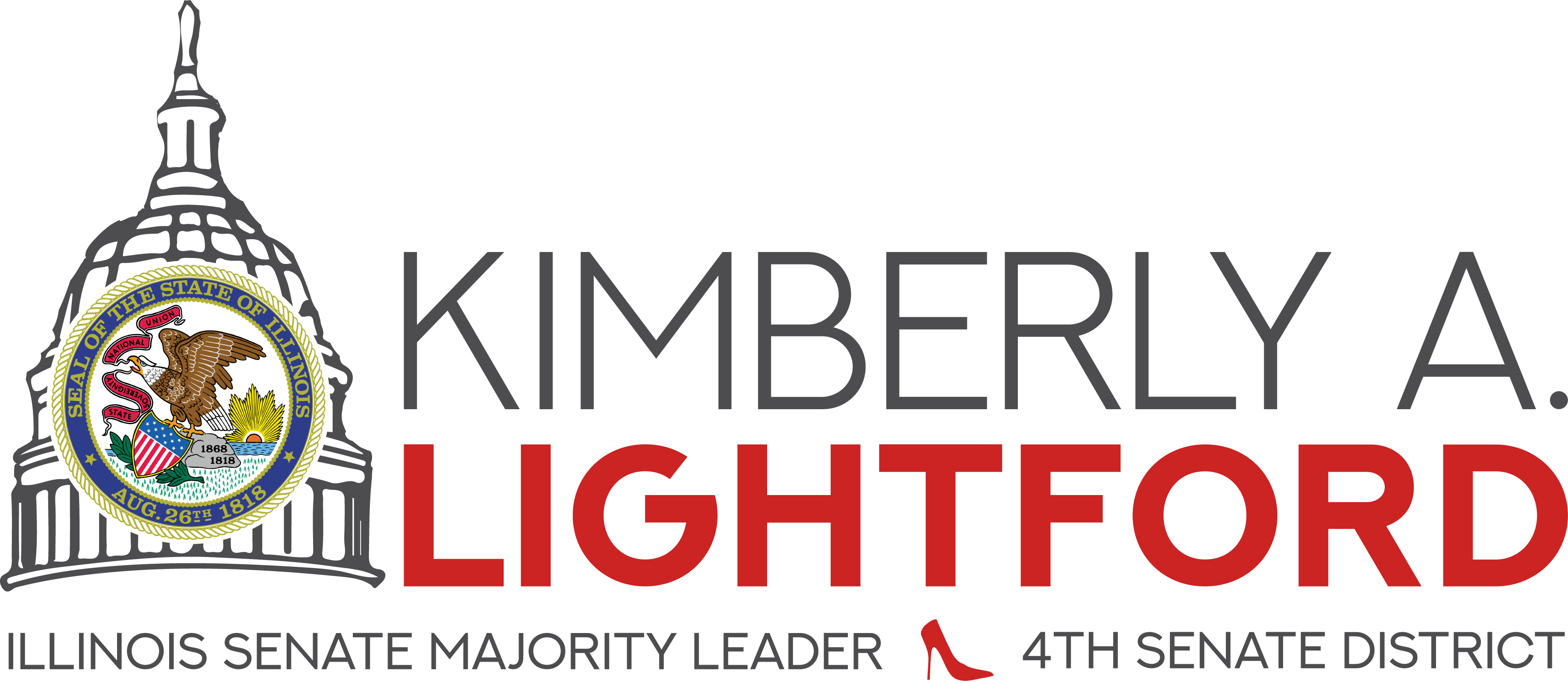New testing sites and expanded capacity across the state
- Details
- Category: News
In Illinois, anyone with COVID-19 symptoms (cough, shortness of breath and fever) can be tested for the virus without a doctor’s order. You can also get a test if you’ve been in contact with someone confirmed to have COVID-19 or if you have a compromised immune system or other chronic medical condition, even if you aren’t showing symptoms.
To protect the health and safety of those on the front lines and the people they serve, any essential worker—including health care workers, correctional facility staff, first responders, grocery store employees, gas station attendants, child care providers and more—can get a test whether or not they are experiencing COVID-19 symptoms.
Loretto Hospital is also now offering testing to patients, health care workers and first responders on the West Side. Drive-up and walk-in testing options are available at no cost to anyone who has symptoms or believes they were exposed to someone who tested positive. The site is open Monday through Friday, 9 a.m. to 4 p.m. or until testing runs out.
For more information on who can get a test, see this guidance from the Illinois Department of Public Health (IDPH). Find testing locations, hours and other information here.
Guidance Regarding COVID-19 and School Graduation Ceremonies
- Details
- Category: News
 The Illinois Department of Public Health and Illinois State Board of Education released the following joint guidance regarding COVID-19 and school graduation ceremonies. The outbreak of COVID-19 and subsequent school building closures for the remainder of the 2019-20 school year have created questions related to graduation ceremonies.
The Illinois Department of Public Health and Illinois State Board of Education released the following joint guidance regarding COVID-19 and school graduation ceremonies. The outbreak of COVID-19 and subsequent school building closures for the remainder of the 2019-20 school year have created questions related to graduation ceremonies.
Decisions around whether or not to host safe and socially distanced graduation ceremonies will remain at the discretion of local school boards and superintendents. Districts and schools may choose to postpone graduation ceremonies, although it is not known when large-scale in-person events will be able to be safely held. Alternatively, districts and schools can choose to honor graduating students in a way that prioritizes the health and safety of participants and complies with state and local social distancing orders and guidelines. Understanding the milestone that graduation ceremonies represent in the lives of our students and families, the Illinois State Board of Education and Illinois Department of Public Health are providing the following guidance for public school districts, public and nonpublic schools to consider when navigating these concerns at the local level.
Microbusiness Recovery Grant Program
- Details
- Category: News
The City of Chicago has established the Microbusiness Recovery Grant Program to provide immediate relief to businesses located in low- and moderate-income areas of the city that have been severely impacted by COVID-19. Applications to this program will be accepted until 5:00pm on Monday, May 4.
For more information and get your specific questions answered webinars are being held over the next few days. Attend a webinar or learn more about the program at www.chicago.gov/recoverygrant.
• Thursday, April 30 at 10:00am in Spanish
• Thursday, April 30 at 2:00pm in English
• Friday, May 1 at 12:00pm in English
• Friday, May 1 at 2:00pm in Polish
Payment Protection Program Webinar
- Details
- Category: News
The Paycheck Protection Program (PPP) is a loan designed to provide a direct incentive for small businesses to keep their workers on the payroll. This loan was created in the CARES Act and is administered by the Small Business Administration. The first round authorized $349 billion in forgivable loans. As of April 16, 2020, that first round of funding provided 1,661,367 loans for small businesses across the country. Congress later passed into law a second $310 billion round of PPP funding and applications went live on Monday, April 27th.
On April 24th, the office of Cook County Board President Toni Preckwinkle held a webinar detailing the PPP. The question and answer session was provided at the end of the webinar is below along with the information provided in the slide presentation.
Q: Can I include independent contractors in my application for this program for my employment expenses?
A: No, they must apply separately because they are considered separate entities. Only wage employees are applicable.
Q: Are there any other county level programs?
A: Cook County is currently assessing programs that have been announced by the federal government, state government, and Chicago city government. Cook County is looking for types of small businesses that are falling through the cracks, funding wise. A loan fund will be launched in the near future with a $10 million-dollar initial seed. We will target it to suburban Cook County businesses with 25 or fewer employees and less than $3 million in local revenue
Q: What are the differences between EDIC (SBA disaster loan) and PPP? Can I apply for both?
A: Yes, you can apply for both. The economic injury loan is something that was already established under the SBA. The PPP is a new program that provides $10,000 dollar grant upfront. That amount is taken out of the total amount you receive in your PPP loan.
Q: Are independent contractors eligible for Cook county funds?
A: Yes, they are eligible. Half of eligible income must be in 1099 work and they must make less than $100,000 annually.
Q: My regular bank denied my application. What are my options moving forward?
A: Understand why you were declined, first. Work with an appropriate contact to see if other organization could be of help. Only two reasons a bank would deny- eligibility and/or lack of documentation.
Q: My primary concern for my business expenses is rent. Is PPP the right program?
A: Probably not. PPP is designed for companies that have payroll expenses as their primary expense. Only 25% of the total loan proceeds can be used for rent. You don’t want to be stuck with a large loan to pay back because your loan isn’t forgiven as you didn’t pay enough for payroll expense.
Q: Can I still apply if I haven’t filed my 2019 taxes yet? Is there a required credit score?
A: You cannot use 2018 taxes. You must use 2019 taxes. Your credit score is not part of the determination.
Q: There are people who run a small business and hire themselves as an independent contractor. Can they apply twice?
A: No, they cannot apply twice. Each tax id number can only apply once.
Q: My bank said they are no longer accepting applications. Should I look to another bank?
A: Look to your community lenders and smaller lenders first. New SBA loans won’t start for a few more days. Get your applications in the queue.
More Articles …
Page 59 of 164










